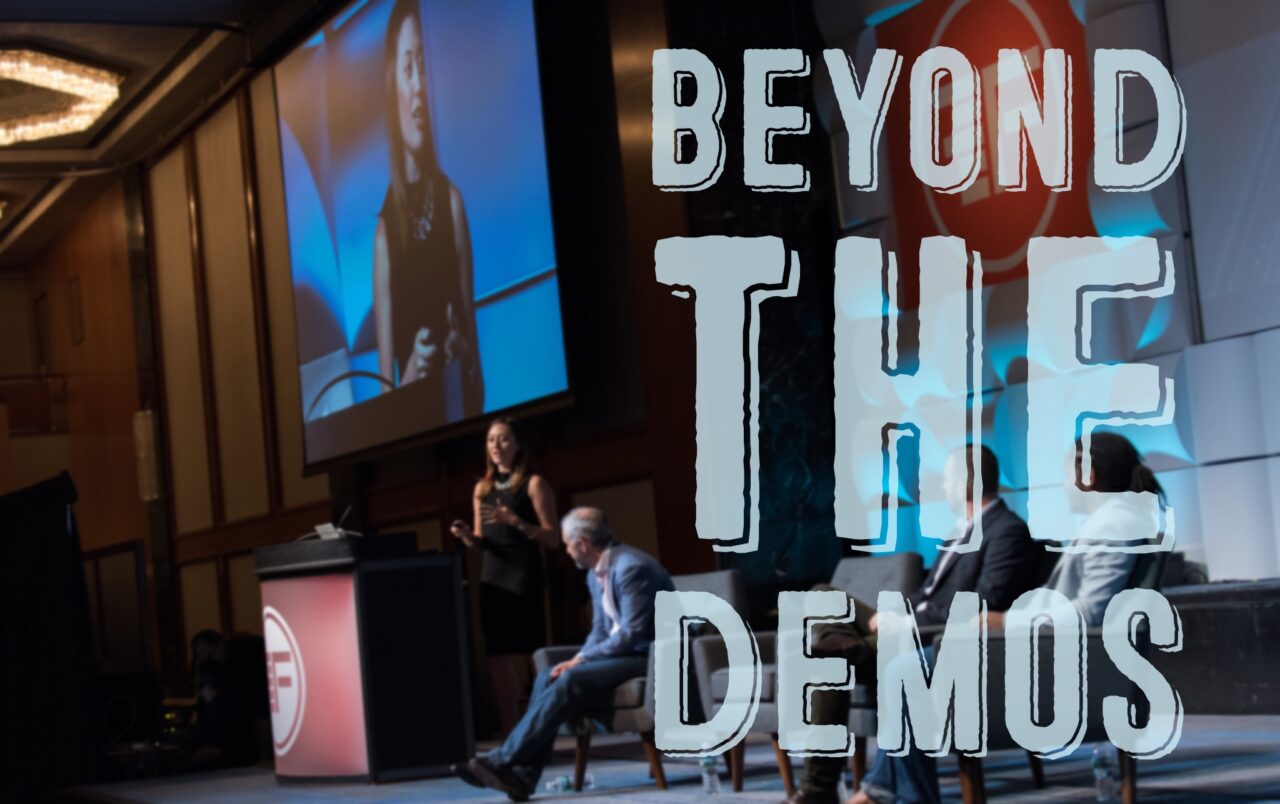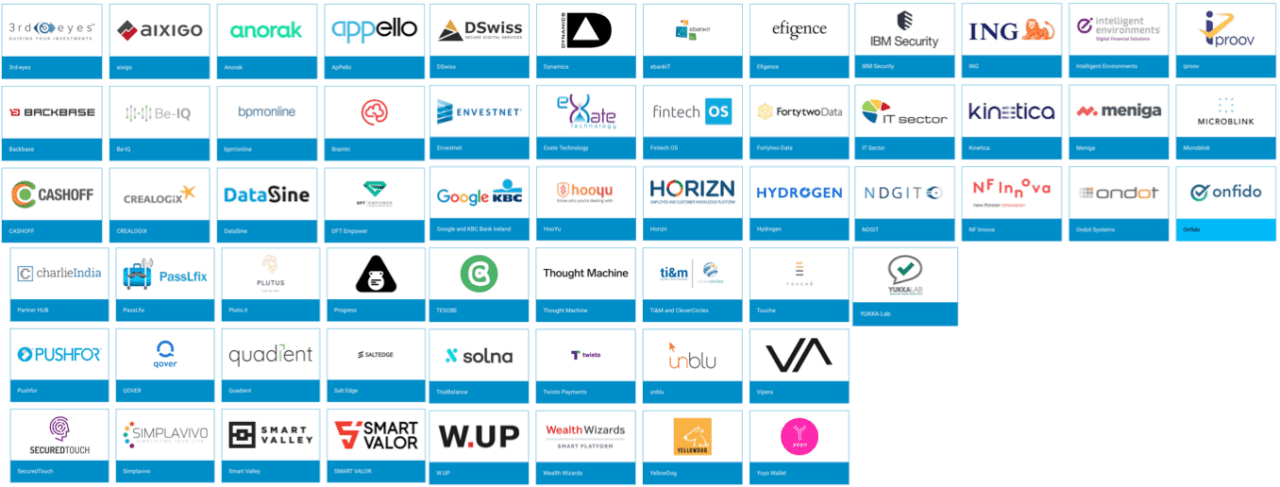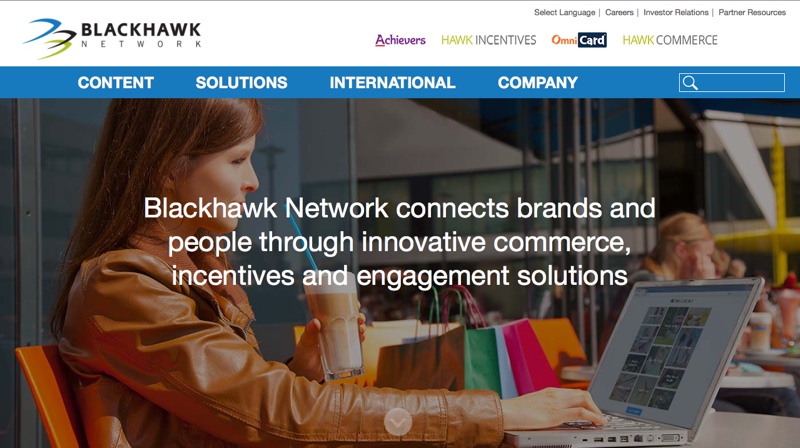 FinovateEurope is bringing you more this year. In addition to two days packed full of demos, we’ve added two days of discussion that will help you not only digest the new innovations, but also bring an analytical perspective from top industry leaders on key fintech trends and issues.
FinovateEurope is bringing you more this year. In addition to two days packed full of demos, we’ve added two days of discussion that will help you not only digest the new innovations, but also bring an analytical perspective from top industry leaders on key fintech trends and issues.
It’s all happening March 6 through 9 at ExCeL London (register today). To help you curate your schedule, here’s a list of the top themes you can expect to see at FinovateEurope:
Geopolitics
We’re just days into the new PSD2 environment, and that’s only one of many geopolitical changes impacting banks and fintechs alike. GDPR and MIFID II, along with yet-to-be-seen influences from Brexit will all take their toll this year. Hear what experts have to say about these and other international regulations, and what types of regtech solutions can help.
AI
AI has proven to be one of the hottest issues in fintech and is sure to pulse throughout discussions this year. Learn what the industry’s top influencers have to say about the topic, along with how it will tie in with deep learning, machine learning, and new credit scoring techniques.
Security
This ever-present fintech topic grows new meanings and nuances each month, as hackers become more sophisticated. Hear why technologists say you should be afraid (very, very afraid) and what you can do to prevent a security breach.
Investing
After the robo advisor craze of 2014 and 2015, it’s time to take another look at this space and explore the newest emerging investing technologies, such as quantum computing, and how they can revolutionize you and your clients’ portfolios.
Banking
These sessions will go beyond a web and mobile banking toolkit. See what’s new in digital banking, hear how challenger banks are changing the game, and what you can do to compete.
Blockchain
Bitcoin may be on the downtrend but the blockchain is just getting started. Learn about how your firm can leverage the blockchain beyond payments.
Payments
It’s not only payment types and user experiences that are changing. Digital giants such as Apple, Facebook, Amazon, Alipay, and Tencent have entered the game and competition has never been more fierce.
Lending
Check out the new alt-lending landscape and see how some of technology’s biggest players such as Apple, Facebook, Amazon, Alipay, and Tencent are making changes to consumer and small business lending.
IoT, AR, and VR
These once-futuristic technologies are making their way into the mainstream– and quickly. Hear suggested timelines and how to prioritize these non-essential user experience channels.
Additionally, scattered throughout the sessions will be highlights such as:
- Presentations from analyst all-stars
- Discussion with industry leaders on seizing the fintech opportunity
- Pitches from fresh startups
- Where’s the VC money going in fintech?
- What’s next?
And don’t forget the demos. If you still haven’t checked out our lineup for the first two days, be sure to visit the FinovateEurope website to learn more about the companies that will demo their newest technologies on stage.












